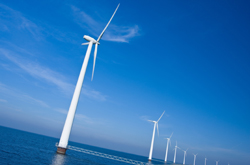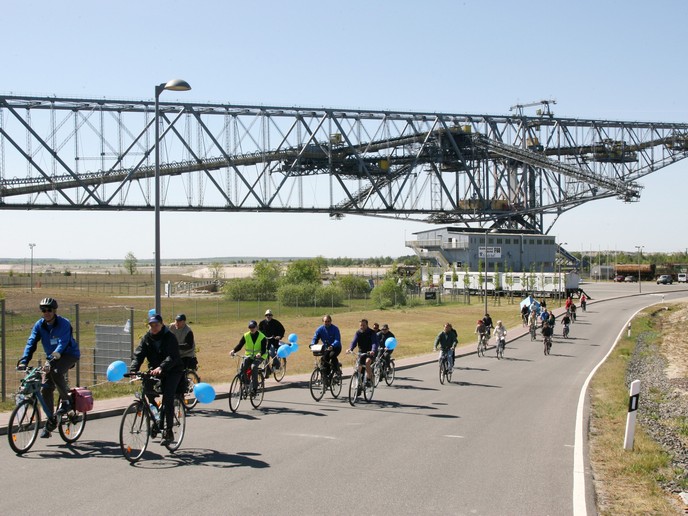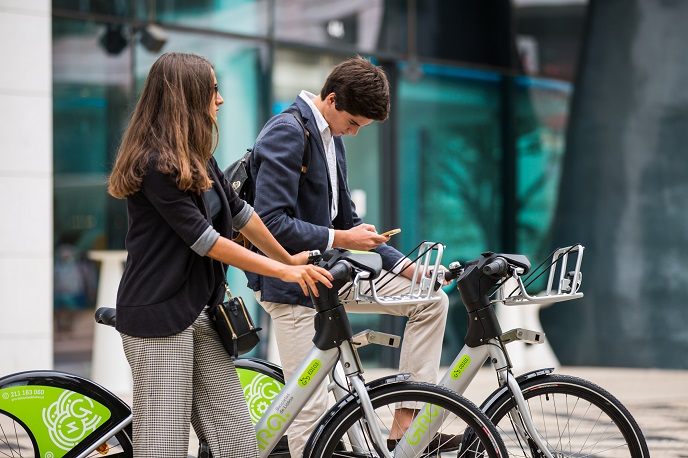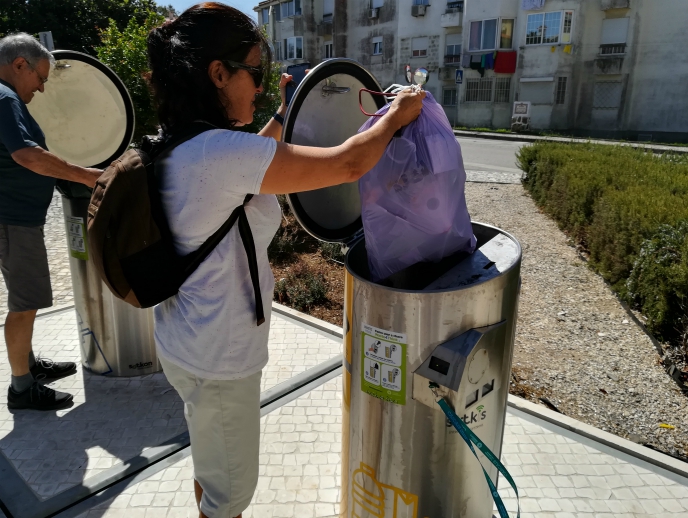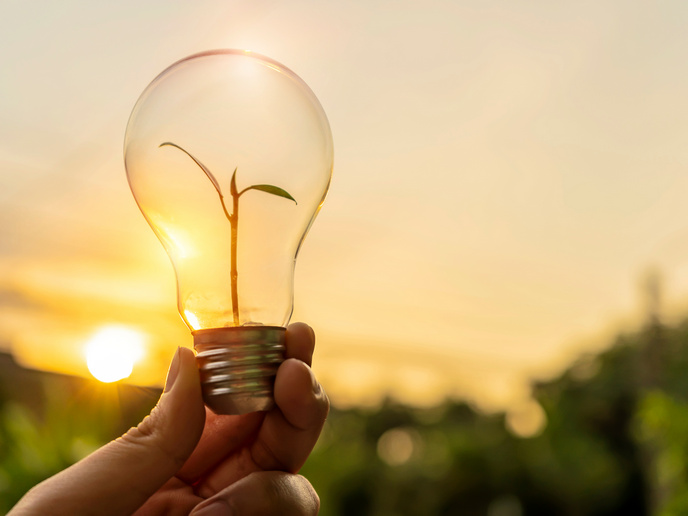Synergies in sustainable energy
The EU's research potential in areas such as sustainable energy is an admirable one, and can be greatly enhanced if different research organisations from across the bloc work together. The EU-funded project 'Associated European research and technology organisations' (Aertos) aimed to achieve this objective. In coordination with the European Association of Research and Technology Organisations (EARTO), the project brought seven major public research organisations together from Germany, Spain, France, the Netherlands, Finland and Sweden. It sought ways to avoid duplication of effort and strengthen innovation in research and technology, including development of funding mechanisms and new governance mechanisms. Under this powerful consortium, the project conducted several meetings, study visits and workshops to outline the strategies and operations of research and technology organisations, pinpointing potential areas of collaboration. Although there is already admirable cooperation in this field across Europe, most EU-funded initiatives expire after a certain period, prompting the need for another, more sustainable model of collaboration. Aertos thus produced guidelines on how best to collaborate and recommended several cooperation initiatives in different fields such as waste management and alternative energy. With respect to human resources (HR), the project developed a dynamic management training programme and a joint HR policy to encourage cross-border mobility-related research and technology organisations. It also launched and successfully completed six projects related to energy efficiency of buildings and offshore wind energy. Many other pivotal areas of collaboration were identified for encouraging collaboration, including bio-based economies, value from waste, resilience of cities, service science and scarcity of critical materials. The project conducted workshops on each topic and developed research agendas accordingly, which were outlined in a green paper in accordance with the EU's Horizon 2020 objectives. One notable initiative in this respect was the 'Value from waste' project, which investigated the recovery, separation and reuse of scarce metals, as well as the safe management of nanowaste. It worked on developing new, cost-effective ways to recycle scarce materials and analyse the impact of nanowaste on the environment. This represented a very ambitious initiative that pertained to one of the different key fields identified. On another front, Aertos developed a comprehensive governance structure for long-term cooperation. It successfully demonstrated the viability of joint programmes and their efficiency gains by exploiting synergies and consolidating their efforts. This has already begun to strengthen European innovation potential and is expected to bring numerous benefits in research and technology, particularly in the area of environmental sustainability.



